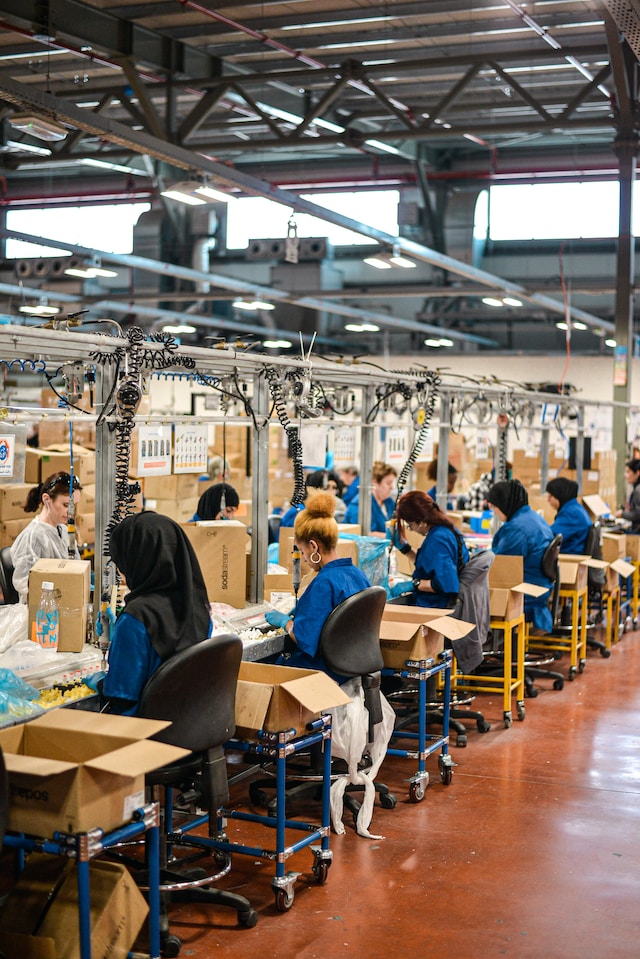GMP stands for Good Manufacturing Practices, guidelines, and procedures that help manufacturers ensure product quality. They involve five key aspects: People, Place, Premises, Products, and Procedures.
As a GMP manufacturing technician, you’ll be responsible for all laboratory activities for developing novel regenerative medicines. This includes using aseptic techniques in cGMP environments.
Operate High-Tech Equipment
GMP regulations ensure that all aspects of the manufacturing process are safe and effective. If a drug or medical device manufacturer fails to meet these strict standards, it can face fines and lose profit. Keeping facilities clean and compliant with current manufacturing practices helps companies quickly minimize product loss and pass inspections.
To prepare manufacturing solutions, GMP manufacturing technicians operate equipment such as autoclaves, filtration systems, and CIP skids. They also review documentation and check all calculations to comply with safety requirements, GMPs, and department Standard Operating Procedures.
Manufacturing Technicians must be able to follow detailed instructions, both written and verbal, to operate production equipment. They are responsible for compounding high-quality solutions, suspensions, and formulations and accurately completing relevant production documentation. They must interact well with coworkers and supervisors to resolve problems. They must maintain a high level of hygiene and regularly attend training classes to stay current with best practices.
Perform Sanitization
In manufacturing facilities, contamination is a constant threat. From dust particles on the factory floor to contaminating equipment, manufacturers must watch for contamination at every production stage. Keeping the facility clean helps reduce the risk of microbial and chemical impurities that can negatively impact product quality.
For example, mixing chemicals or materials from one product line with another can cause cross-contamination that affects the final batch. That’s why separating raw materials, storage areas, and equipment by product lines is essential. Also, labeling all containers of materials, bulk containers, and significant equipment items can help prevent mix-ups in shipping and distribution.
A drug manufacturer must have a system to protect its products from contamination at every process stage. This includes the design of drugs that consider GMP standards, along with training workers on the factory floor to practice good manufacturing practices. It is also essential for the manufacturer to have a quality assurance system that ensures proper inspections of its facilities.
Perform Discrete Manufacturing
Discrete manufacturing involves the production of items that can be easily counted or touched. Automobiles, furniture, toys, smartphones, and airplanes are discrete products created through this process. These distinct products can be disassembled, refurbished, reused, or recycled. This is a different process from process manufacturing, which produces a finished product through a series of steps that are not linked.
When working with discrete products, a business must maintain strict standards throughout production. This includes ensuring qualified personnel dispense and verify raw materials by established procedures. Ensuring the raw materials are stored in clean and labeled containers is also essential. Moreover, checking measuring devices and recording all findings regularly is necessary. This helps ensure that all ingredients are accounted for and that the product quantity is consistent with expectations.
Maintain Good Documentation
GMP compliance heavily relies on documentation, from the quality of records to the procedures used for each process. Manufacturers must have systems for recording and tracking document revisions and ensure employees know which SOP version they should use.
This is especially important for pharmaceutical manufacturers, who are regulated by the FDA and must ensure their products meet specific standards before being sold to consumers. A company that fails to follow CGMP regulations can be fined or even recalled its product, which could have negative health consequences for consumers. In addition, many pharmaceutical companies sell their products internationally, so keeping up with international standards is crucial for those working in the industry. That’s why GMP compliance training is so essential for these workers. It helps them understand the global regulatory environment and ensure they can comply with all relevant laws.



